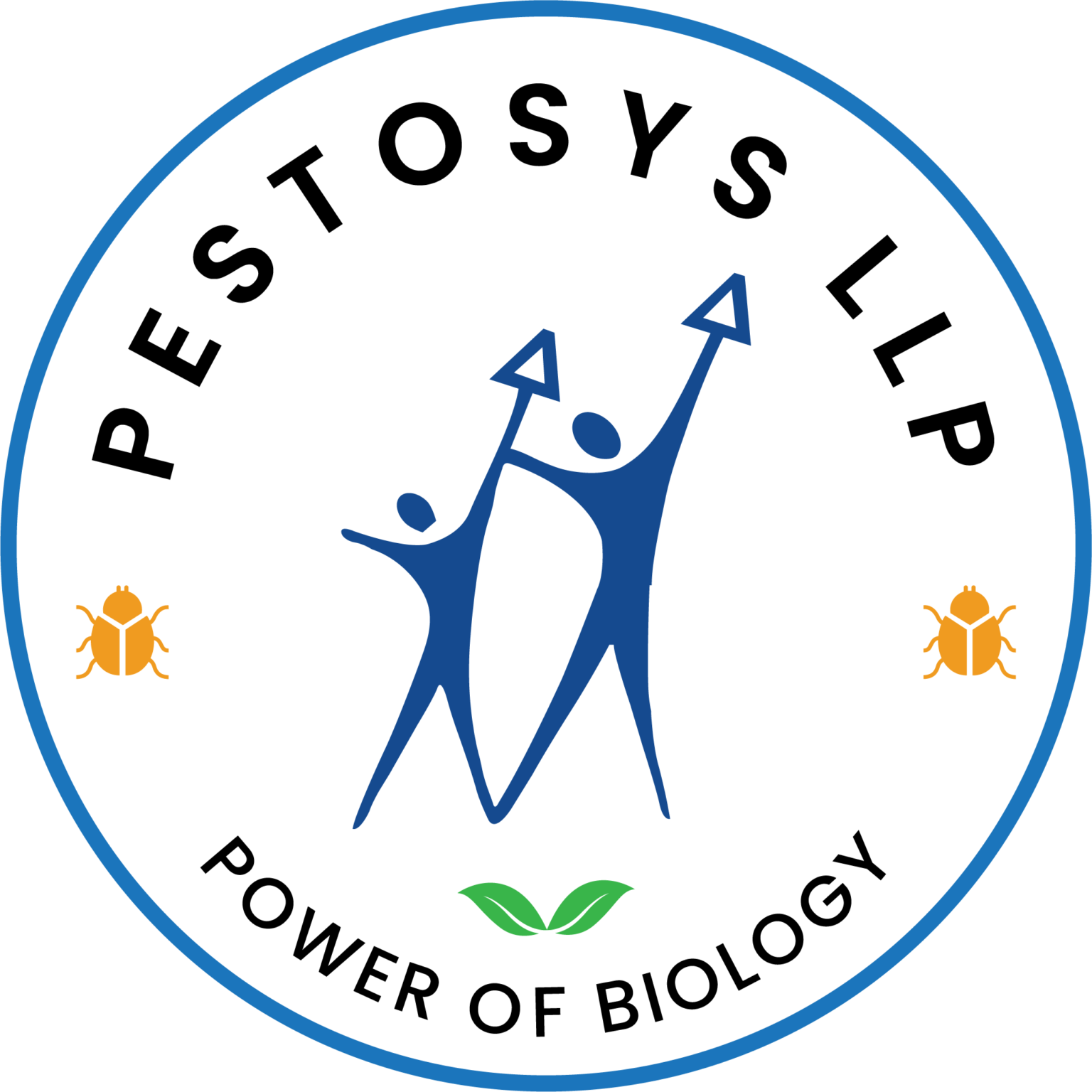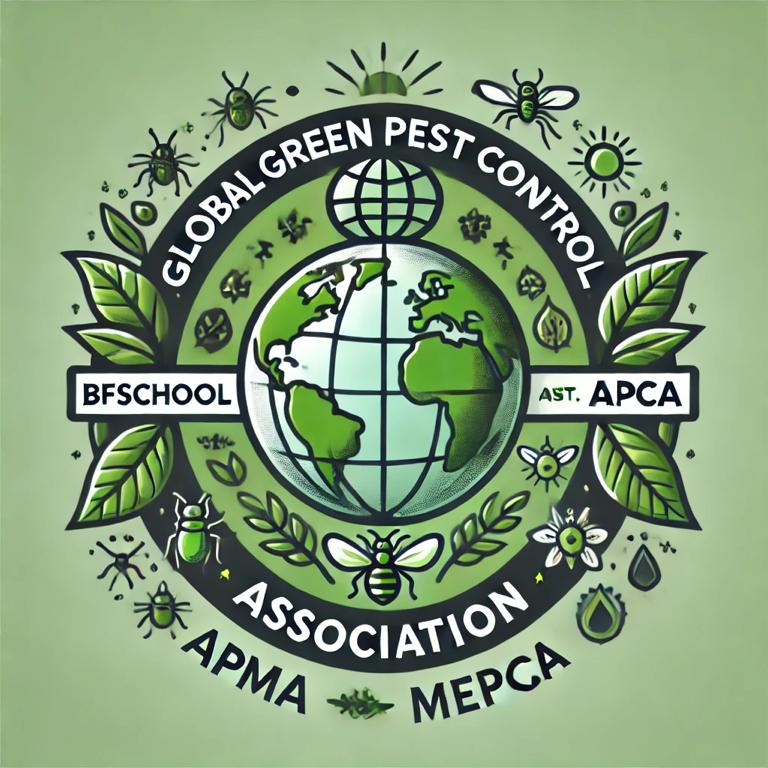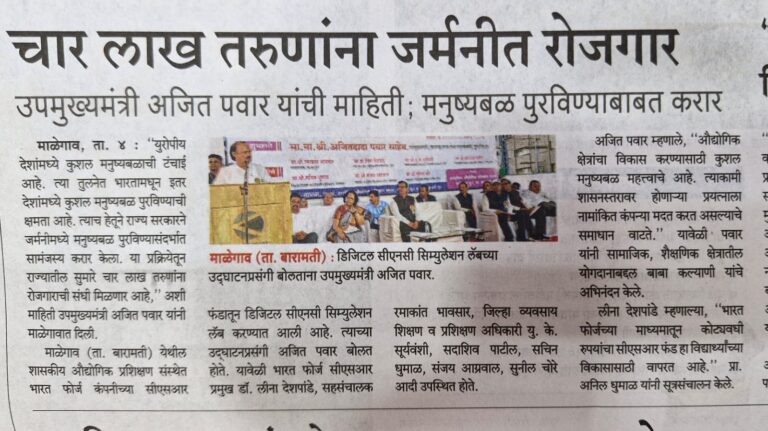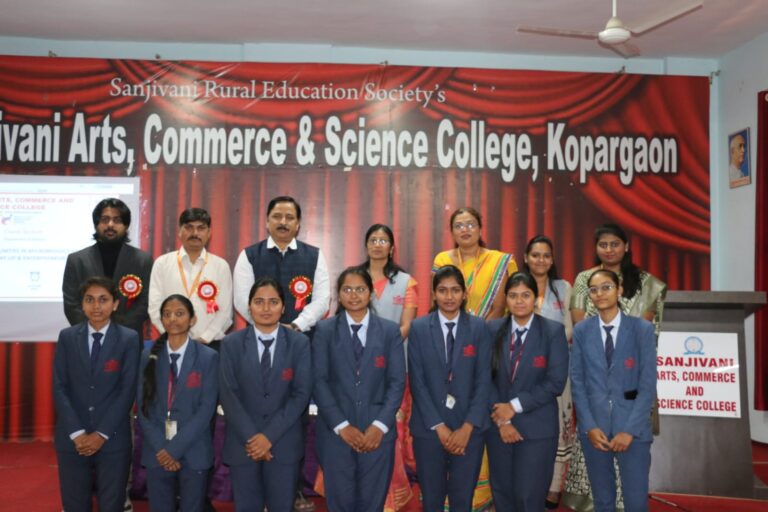The Need for Green Pest Control and Future Global Association
In our quest for more efficient Pest Management, the use of synthetic Chemicals has become widespread. However, the adverse effects of these Chemicals on health and the environment have sparked a growing movement towards green pest control. This approach prioritizes Safety, Sustainability and effectiveness, ensuring that Pest Control Methods do not harm Humans, Animals or the Ecosystem.
Why Opt for Green Pest Control?
Green Pest Control offers Numerous Benefits:
- Safety: It minimizes the exposure to toxic Chemicals, reducing health risks for Humans and Pets.
- Environmental Protection: It prevents contamination of Soil, Water and Air, preserving Biodiversity.
- Sustainability: It promotes long-term Pest Management Solutions that are in Harmony with Nature.
The History of “Silent Spring”
Rachel Carson’s “Silent Spring,” published in 1962, is a seminal work that brought to light the detrimental effects of pesticides on the environment. Carson meticulously documented how chemicals like DDT were causing widespread harm to Wildlife, particularly Birds, leading to the term “Silent Spring” as a metaphor for a season without bird songs. Her work spurred the modern environmental movement and led to significant policy changes, including the eventual ban of DDT in many Countries.
The Dangers of BHC, DDT, Aldrin, Aldicarb, Heptachlor and Residual Toxicants
- BHC (Benzene Hexachloride): Causes neurological damage and is highly persistent in the environment.
- DDT (Dichlorodiphenyltrichloroethane): Linked to Cancer, reproductive issues, and bioaccumulation in wildlife.
- Aldrin and Dieldrin: Highly toxic to aquatic life and can cause long-term damage to the liver and nervous system.
- Aldicarb: Extremely toxic, posing severe risks to human health even at low exposure levels.
- Heptachlor: Known to cause liver damage and potentially Carcinogenic, it also affects Bird populations significantly.
- Residual Toxicants: These chemicals remain in the environment long after application, continuing to harm Wildlife and Humans.
The Tragic Events of Bhopal and Other Incidents
The Bhopal disaster in 1984 is a stark reminder of the catastrophic potential of chemical misuse. A gas leak at a pesticide plant exposed hundreds of thousands of people to methyl isocyanate, resulting in thousands of deaths and chronic health issues for survivors. Despite this tragedy, those responsible continue to live in high-profile circles, while the affected communities struggle with the aftermath.
Similar incidents worldwide underscore the need for safer alternatives:
- Minamata Disease (Japan): Mercury poisoning from industrial wastewater devastated communities, causing severe neurological damage and death.
- Love Canal (USA): Chemical waste disposal led to widespread contamination and health problems, including birth defects and cancer.
- Seveso Disaster (Italy): An industrial accident released dioxin, leading to long-term health issues and environmental damage.
- Exxon Valdez Oil Spill (USA): A massive oil spill caused extensive damage to marine life and coastal ecosystems, with lingering effects on Wildlife Populations.
Impact on Wildlife and Livestock
Chemical Pollutants have profound impacts on Wildlife:
- Fish and Birds: Pesticides and industrial chemicals disrupt reproductive Systems, leading to declining populations.
- Sterility in Animals: Exposure to endocrine disruptors and toxic chemicals can cause infertility in various species.
- Milking Cattle: Hormonal Injections to increase Milk Production pose risks of hormone residues in Milk and Meat Products, affecting Human Health.
The Case of Glyphosate and Weedicides
Glyphosate, a widely used Herbicide, is under scrutiny for its potential health risks, including cancer. Its pervasive use has led to the development of resistant Weed Species, prompting concerns over its long-term viability and safety.
Moving Towards Green Pesticides
After decades of reliance on chemical pesticides, the world is gradually realizing the need for sustainable alternatives. Green pesticides, developed from natural sources and designed to minimize harm, offer a Viable Solution. At BareFooter School Foundation (BFS), Pune, we are committed to promoting Green Pest Control Practices. Our research and Training Programs focus on Natural, Effective and Safe Pest Management methods that protect both Human Health and the Environment.
By adopting Green Pest Control Strategies, we can ensure a healthier future for ourselves and the planet. Join us in this endeavor and be part of the solution. For more information, Please Connect with us at BareFooter School Foundation, Pune.






